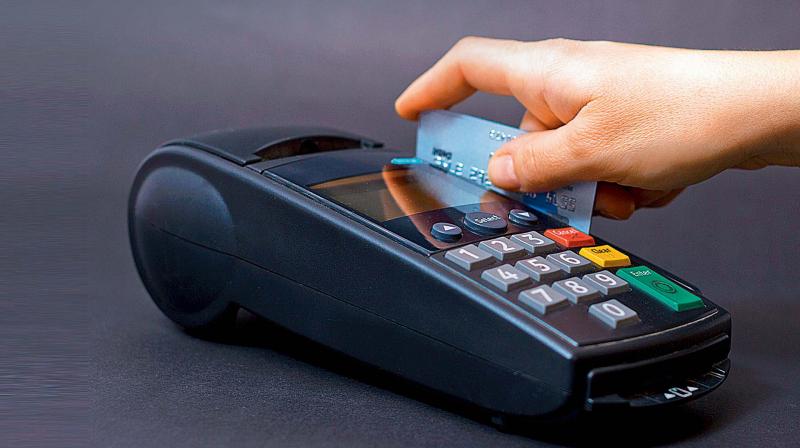Money talk: Things nobody tells you about your ATM card

Using an ATM card or debit card almost seemed like a privilege when demonetisation was first announced, and with the possibility of India losing 50 per cent of its ATMs by March 2019, may become even more so. However, while an ATM card allows you to withdraw money with ease, shop online, and go cashless, there’s a lot to it that you probably don’t know. Being well-informed can help you use your ATM card more prudently while staying up to date with the current norms. Without further ado, here are five important aspects of your ATM card you may have overlooked.
IF IT’S YOUR CARD, DON’T ALLOW OTHERS TO USE IT
While handing over your ATM card and PIN number to a family member to withdraw money may seem convenient, you may end up losing out big-time. According to bank regulations, an ATM card and PIN number is only to be used by the card holder. So, if the ATM fails to dispense the money when the registered cardholder is not using the card, you’ll have no discourse. Instead of risking your finances, heed the ‘non-transferable’ rule and either consider opening a joint account getting two debit cards or visit the ATM in person.
AN SMS IS MANDATORY FOR ALL TRANSACTIONS
In an attempt to reduce and prevent fraud, the RBI has mandated SMS alerts for all transactions post June 30, 2011. This way you are kept in the loop and can immediately notice unauthorised transactions done using your debit card. In an event where you aren’t receiving such alerts, pay a visit to your bank and double-check your registered mobile number too.
UPGRADING TO CHIP CARDS IS MANDATORY
The RBI has directed debit cards with magnetic strips to be replaced with cards that have an EMV chip and are PIN-based by December 31, 2018. This means if your card isn’t one with an EMV chip embedded in it that runs on a PIN, it will be ineffective and not function from the January 1, 2019. Make sure you put this down in your financial checklist before bringing in the New Year!
YOUR MONEY CAN BE LOST IN TRANSIT
While booking movie tickets, paying utility bills, or conducting other transactions online, you may get debited for an amount that doesn’t reach your payee. This can happen due to technical glitches, and you must avoid reusing the same mode of payment immediately as your second attempt is most likely to fail too. The deducted amount is usually refunded to your account within approximately five days and if it isn’t, it is important that you reach out to your bank.
IT’S ON YOU TO USE IT SECURELY
Did you know that both online and offline transactions with your ATM card are risky if you don’t take adequate precaution? Card skimming, which involves recording the data on the magnetic strip of your cars, is one of the biggest risks. In fact, in August 2018, banks lost Rs 20 lakh in Kolkata thanks to card skimming, the shiny, new posterchild of ATM card fraud. In such cases, your PIN is usually recorded by placing cameras in ATMs or by shoulder surfing, where people may stand behind you trying to see your PIN as you enter it on the machine.
Additionally, you should beware of scamming sites and fake apps that replicate brand websites and applications. Their main goals is tricking you into making a payment. While you may practise caution by never writing down your PIN, also watch for malware and public Wi-Fi, using which your confidential card details may be hacked. So be careful of free internet, and keep your smartphone and laptop protected with the right security software. Now that you are a little better informed, pay heed to all your ATM card transactions to avoid a financial misstep.

